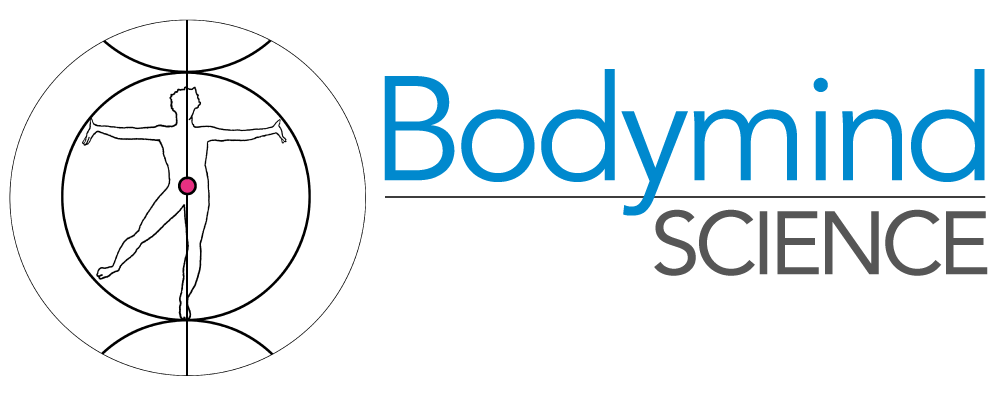Neuroscience—the word itself carries an air of authenticity
an esoteric & authoritative flavour
which (seems to) legitimise any cultural dish to which it is added.
Science, the arbiter of truth & reality,
focused on the brain itself, the organ of consciousness–
what could be more compelling?
With a build-up like that, I am obviously about to take it down a notch or two.
 There is a lot of “Neuroporn” out there:
There is a lot of “Neuroporn” out there:
seductively clear hard factoids,
which usually involve a narrow & stereotyped view of brain & mind.
Although they are rapidly evolving,
the current tools of neuroscience are very blunt instruments—
or, cannot be used with humans.
But certain branches of contemporary neuroscience
are even more fascinating & important
than most people imagine!
Recent developments in neuroscience
offer nothing less than
a reunification of the long-separated realms 
of science & spirituality.
Science is fundamentally based on the idea of objectivity.
From its earliest formulation by Galileo,
….it aims to remove bias & opinion
…….& to move towards the objective truth of reality
by a systematic process of hypothesis, experiment, & outcome.
The result is a set of laws,
formulated in mathematical terms,
E = mc2
predicting the processes of objective reality.
 Gravity:
Gravity:
it’s not just a good idea…
it’s the law!
This approach has been stunningly successful,
but with a big caveat:
by its very nature, this process cannot deal with “subjective reality”,
as science require removing the observer (the subject)
from the experiment.
This has led to a dualistic,
and ultimately untenable,
view of reality, dividing reality into
objective &
subjective,
with the latter very much the “weak sister”.
In the mid-20th Century,
……..attempts to establish a rigorous science of psychology
……..……..led to the absurdities of Behaviourism,
……..……..……..which denied the reality of feelings entirely.
Although that madness is in the past, 
……..to this day some aspects of mainstream psychology
……..……..have an awkward gloss of abstraction & dehumanisation;
……..……..……..which, when you think about it,
……..……..……..……..is natural for an endeavour
……..……..…….……..………that aims to make humans
……..……..……..……..……..……..into objects of study.
“Yes, very interesting (I guess), but what does it have to do with me?”,
…….. I imagine you might say.
Well, more or less everything.
Most of our unhappiness & discontent
……..is based on our fixed dualistic view
……..……..of the world & ourselves.
We have learned to create
……..an apparent separation between
……..……..mind & body,
……..……..thought & feelings, 
……..……..self & other,
……..……. my group & your group,
……..……..self & world,
……..……..ego & the Divine.
These disconnections cause a poorly regulated system,
……..which is not able to settle into comfort & ease,
……..……..nor to respond vigorously & effectively in a crisis.
In the early 20th Century
……..came the first intimations of
……..……..the limitations of the scientific approach;
……..quantum theory still challenges our assumptions
……..……..about the separability of the observer from the thing observed,
……..……..& the existence of objective space & time.
But of all the sciences,
……..neuroscience meets this challenge most directly.
Neuroscience simply cannot get away with
……..denying the reality of feelings & of consciousness;
……..& yet it is based in a method
……..……..which has denied these very things.
In its earlier phases,
……..neuroscience confined itself
……..……..to investigating behaviour:
……..……..the processes of stimulation & response,
……..……..……..in simple organisms
……..……..……..(oh, the poor mice!)

Later, it focused on
……..the more superficial aspects of mind:
…….. “cognition”, a poorly defined word
……..……..which referred mostly to conscious rational thought.
But here is an interesting recursion:
this rational, thinking mind is thinking about the rational, thinking mind.

The conceptual mind has to put things in neat categories—concepts—
……..& find simple, linear connections between them.
……..It can’t really handle a lot of complexity.
So, if this is a limitation of the conceptual mind,
……..is it right to impose this simplistic categorisation
……..……..on the mind itself?
(Hint: the answer is NO!)
To really understand mind and brain,
……..we need to go beyond dualism
……..……..and find a new way of thinking
……..……..……..which includes both science and spirituality.
Read Part II to discover how the latest developments in neuroscience do this.

You must be logged in to post a comment.